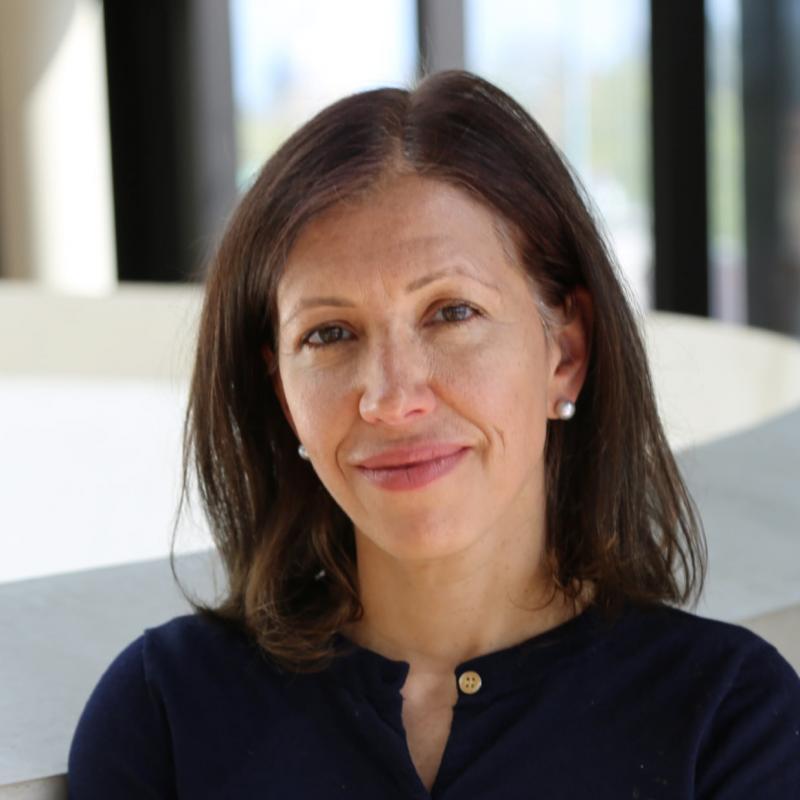Breadcrumb
Join Peter Loewen in conversation with Maya Tudor, Associate Professor of Public Policy, as they discuss one of the first systematic analyses of gender’s effect on attitudes toward workplace automation and artificial intelligence (AI).
The paper ‘The Gender Gap in Attitudes Toward Workplace Technological Change’, written by Peter Loewen, Beatrice Magistro, Sophie Borwein, Bart Bonkowski, and Blake Lee-Whiting provides one of the first systematic analyses of gender’s effect on attitudes toward workplace automation and artificial intelligence (AI).
Using data from a survey of ten advanced economies and comparing the gender gap in attitudes toward automation and AI with the gender gap in attitudes toward offshoring and market changes, the authors provide evidence of a significant gender gap in attitudes toward the perceived fairness of technological adoption in the workplace. Drawing in part on insights from the literature on gender differences in attitudes toward other economic shocks, the paper examines four sets of potential explanations for this gap: differences in economic self-interest, knowledge gaps, different levels of sociotropic concern, and differences in social status perceptions. Accounting for these various explanations does not substantially reduce the gender gap in automation and AI preferences.
Speaker Biography
Peter Loewen is the Director of the Munk School of Global Affairs & Public Policy and the Robert Vipond Distinguished Professor in Democracy. He is also the Director of PEARL, Associate Director of the Schwartz Reisman Institute, a Senior Fellow at Massey College, a Fellow at Trinity College, a Fellow with the Public Policy Forum, and a Visiting Professor in the Policy Institute at King’s College London.
He received his BA from Mount Allison University (2002) and his PhD from l’Université de Montréal (2008). He held postdocs at the University of British Columbia and the University of California at San Diego. Since coming to Toronto in 2010, he has held visiting positions at the Melbourne School of Government at the University of Melbourne, the Center for the Study of Democratic Politics at Princeton University, the Center for Advanced Study in the Behavioral Sciences at Stanford University, and the Institute for Advanced Study at Tel Aviv University.
He has edited four books and published in leading journals in political science, economics, medicine, general science, and psychology.


